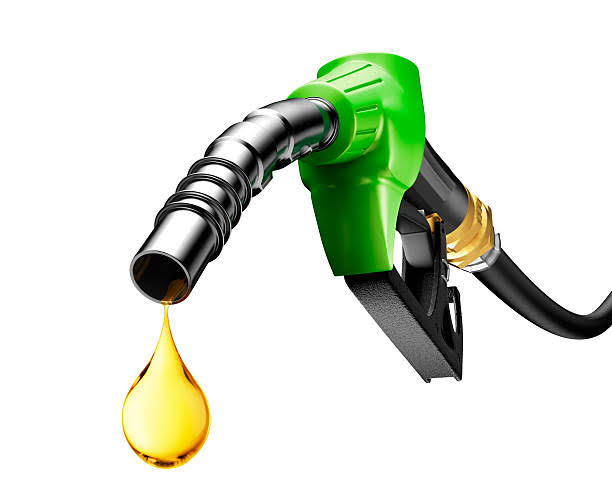. IPMAN speaks on 31% increment, implication for pump price
The ongoing fuel scarcity in Lagos, Ogun, and other states worsened yesterday as independent marketers began purchasing the product from private depots at N780 per litre, up from N595 per litre—a 31% increase.
According to Chief Chinedu Ukadike, Public Relations Officer of the Independent Petroleum Marketers Association of Nigeria (IPMAN), the price hike reflects the current demand and supply dynamics in the domestic market.
Despite the challenging situation, he expressed optimism that conditions could improve in the coming days.
Chief Ukadike noted that more trucks have been dispatched from depots in recent days, though independent marketers continue to source the product at higher rates.
READ ALSO:
Kudirat Kekere-Ekun; 10 Facts About New Chief Justice of Nigeria
Oando Exited OVH Three Years Before NNPC Retail Buy Out, By Femi Awoyemi
‘The catalyst,’ Obasanjo Speaks At PUNCH Ex-Editor’s Book Launch
Fake Milo Beverage Floods Market, NAFDAC Begins Mop-up
He explained, “NNPC has started releasing products to independent marketers. The queues you see now are mostly temporary, appearing in the morning and disappearing by evening. This pattern will continue until supply stabilizes and becomes sufficient.”
He added that the ongoing rainy season has further complicated distribution, slowing down the movement of trucks to northern regions. However, he believes the situation will ease in a few days.
The six-week-long petrol distribution challenges have led to persistent long queues at filling stations nationwide, with many marketers raising their pump prices.
In Abuja, while queues have slightly reduced in the central areas, supply remains tight in other parts of the Federal Capital Territory.
Pump prices also remain high, ranging from N685 per litre at major marketers’ outlets to N950 per litre at independent stations.
Commenting on the situation, Chief Ukadike explained, “We sell at prices that allow us to cover costs and make a small profit.
Transportation costs have skyrocketed, with the cost of delivering products rising from N800,000 to N3.5 million due to the high cost of diesel and truck maintenance.”





